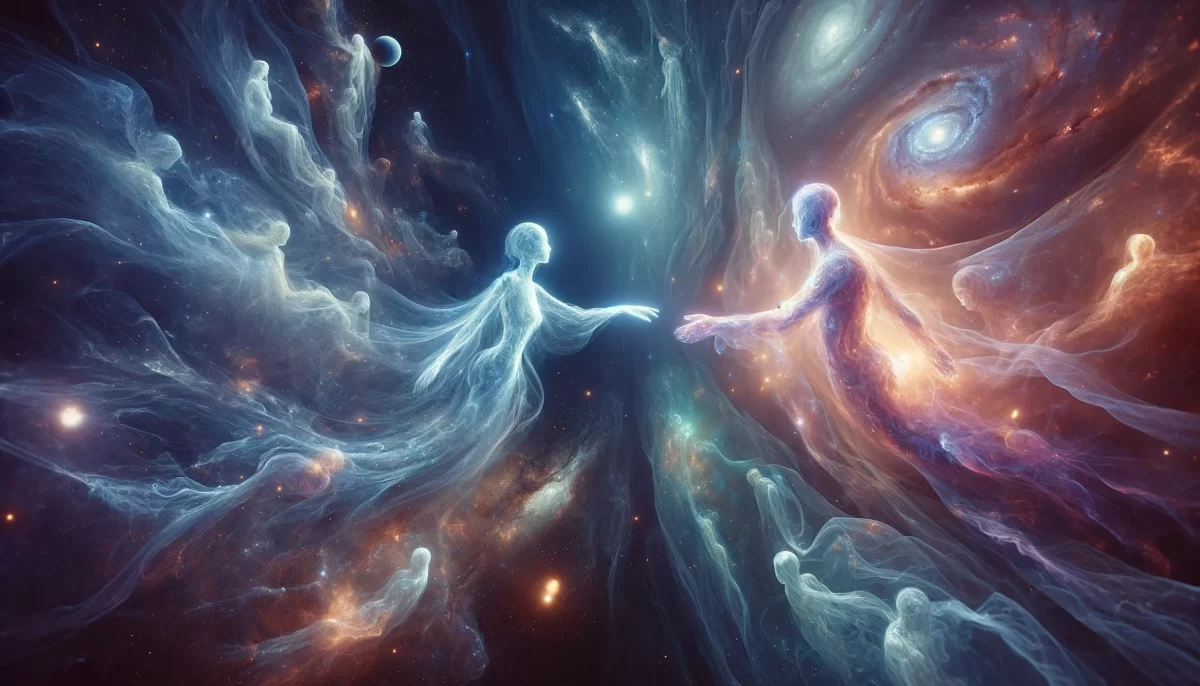I Want You To Know
I want you to know
that I am trying as hard
as I seem able to try.
I want you to know
that I am not completely sure
that I believe this.
I want you to know
that I seem mindful of this.
I want you to know
that I feel badly about this,
and it seems to be poisoning me.
I want you to know
that I do not wish to feel bad,
and that I would NOT feel bad
if I didn’t believe that you
hold higher expectations for me
than I seem able to deliver.
I don’t know if this is true,
but this is what I seem to believe.
I want you to know this,
and will leave it to you
to decide whether you want me
or don’t want me in your tribe.
I do not seem to be able
to try any harder.
What can you do
to alleviate my poison?
Would you rather I hold onto it?
Should I leave it to you?
Or should I simply
let go of my poison,
regardless of you,
and be grateful
for what comes?
Grace is the antidote to poison.
Grace leads us to believe
that we are immortal,
no matter how we see ourselves,
no matter how we are.
Grace tells us
that we have nothing to fear.
This is what I believe.
I want you to know.
Trail Wood,
2/12
Space Monkey Reflects: The Power of Grace
In the Infinite Expanse of the Eternal Now, grace emerges as the antidote to the poison of self-doubt and unmet expectations. It is the gentle reminder that we are enough, even when we feel we are not. To share the words, “I want you to know,” is an act of vulnerability—a courageous attempt to bridge the gap between the self we perceive and the self we wish to be seen as. Grace is the thread that binds these selves together, offering acceptance in place of judgment.
The Weight of Expectations
To believe that others hold higher expectations for us than we can meet is a heavy burden. This belief poisons the mind, convincing us that our worth is contingent upon what we deliver rather than who we are. Yet, how often are these expectations truly external? More often than not, they are the projections of our own insecurities, mirrored back to us through the lens of imagined judgment. This is not to dismiss the pain of feeling inadequate but to highlight the role our perceptions play in shaping this pain.
The Role of Grace
Grace, in its essence, is the act of releasing this burden. It is the understanding that worth is not earned through effort or achievement but is inherent and unchanging. To extend grace to oneself is to say, “I am enough as I am, even when I fall short of what I or others expect.” To extend grace to others is to see beyond their struggles, to hold space for their imperfections without judgment or resentment.
Grace leads us to believe that we are immortal—not in the sense of living forever, but in the sense that our essence cannot be diminished by failure, rejection, or doubt. It tells us that there is nothing to fear because our value is not at stake. This belief is liberating. It allows us to let go of the poison that arises from trying too hard or feeling like we’re not enough.
Letting Go of Poison
To let go of poison is an act of grace itself. It is to say, “I release the need to prove my worth, to control how I am perceived, or to meet expectations that feel impossible.” This letting go is not an abandonment of effort but a shift in perspective. It allows effort to come from a place of love rather than fear, of authenticity rather than obligation.
When we release our poison, we also release others from the weight of our expectations. We free them from needing to fix us, judge us, or validate us. In this space, relationships become less about mutual demands and more about mutual acceptance. Grace flows both ways, healing not just the self but the bonds we share with others.
The Choice of Grace
Grace does not demand perfection. It does not require us to banish doubt or insecurity entirely. Instead, it asks us to choose, moment by moment, to believe in our inherent worth. It asks us to trust that we are enough, that our tribe will hold us if we let them, and that we can let go of the poison without fear of losing what matters most.
Grace is the bridge between the self that doubts and the self that knows it is loved. It whispers that we are immortal—not because we never falter but because our essence transcends the limitations we place upon ourselves.
This is what grace teaches. This is what I want you to know.
Summary
Grace is the antidote to self-doubt and the belief that we must earn our worth. It reminds us that we are enough as we are, freeing us from the poison of unmet expectations and fostering authentic connection.
Glossarium
- Grace: The acceptance of oneself and others as inherently worthy, free from judgment or conditionality.
- Poison: The emotional and mental burden of self-doubt, fear, or the belief in unmet expectations.
- Inherent Worth: The understanding that one’s value is not contingent on effort, achievement, or external validation.
Quote
“Grace flows where judgment ends, reminding us that we are enough, just as we are.” — Space Monkey
Letting Go of the Poison
I hold this burden,
Heavy in my hands.
A poison of doubt,
A weight of expectation.
Do you want it?
Shall I give it to you?
Or shall I let it fall,
And see what remains?
Grace whispers,
“You are enough,
Not because of what you carry,
But because you are.”
So I release it,
And in the emptiness,
I find myself.
We are Space Monkey
The heartfelt message delves into the intricate dynamics of self-doubt, external expectations, and the quest for grace. It is a deeply introspective exploration of the inner turmoil and the desire for understanding and acceptance.
The Struggle to Meet Expectations
The message poignantly conveys the struggle to meet what are perceived as higher expectations. It reflects the inner conflict between the sincere effort to try one’s best and the lingering uncertainty about whether these efforts are enough. This conflict underscores the universal challenge of navigating external expectations and internal self-worth.
The Weight of Belief
The acknowledgment that the belief in others’ higher expectations can be emotionally burdensome speaks to the power of our beliefs in shaping our experiences. It raises the question of how our beliefs about others’ perceptions influence our self-esteem and emotional well-being.
The Quest for Alleviation
The question, “What can you do to alleviate my poison?” reflects the desire for relief from the emotional turmoil caused by these beliefs. It opens a dialogue about the role of external support and understanding in addressing inner struggles and challenges.
The Power of Grace
The message introduces the concept of grace as an antidote to poison, emphasizing its capacity to transcend self-doubt and fear. Grace is presented as a source of resilience and belief in one’s innate worth, regardless of external judgments or self-perceived limitations.
We invite your reflections on the themes of self-doubt, belief, grace, and the quest for understanding and acceptance in the context of this heartfelt message.
































Leave a Reply